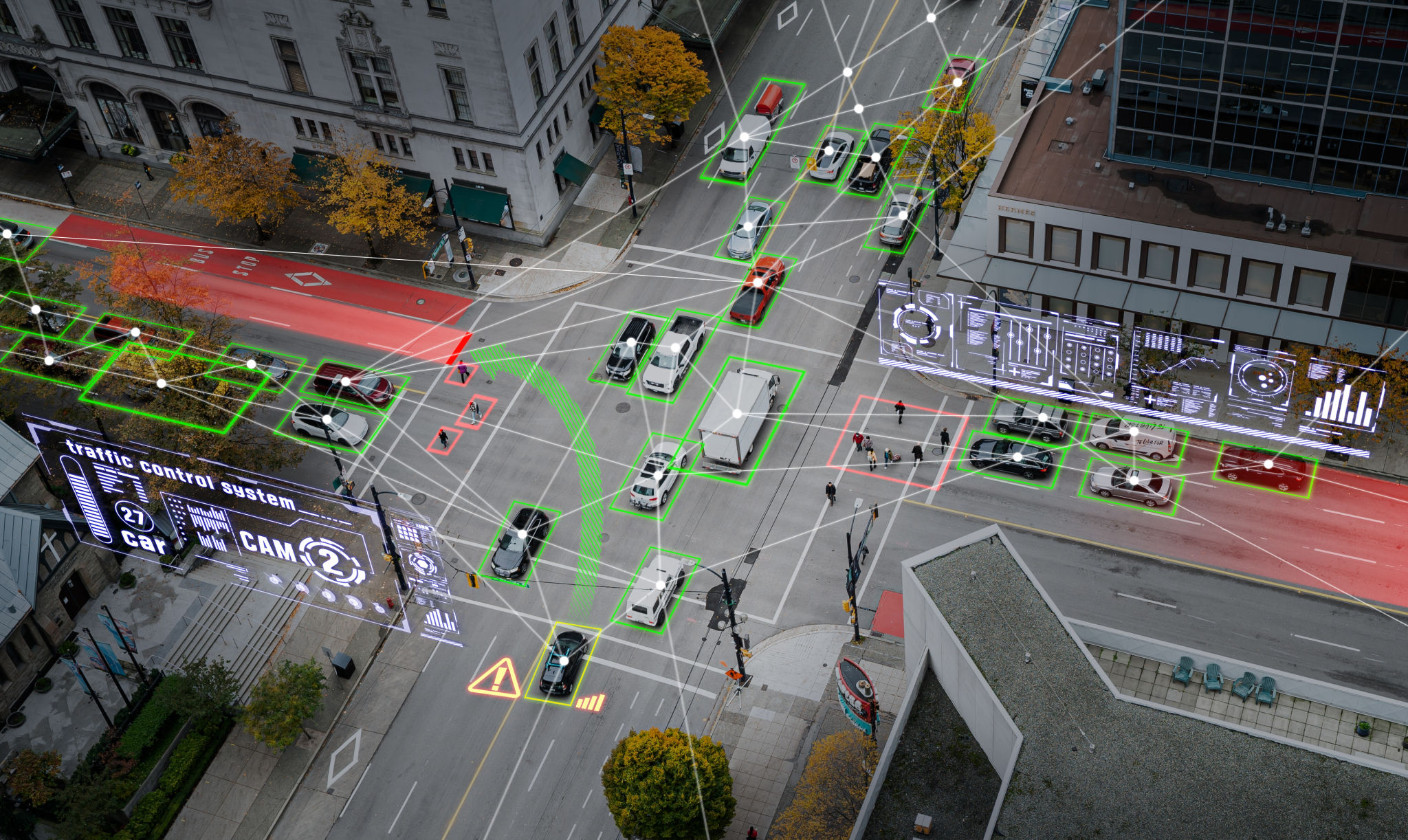How AI-Enabled Enterprise Solutions are Revolutionizing Smart Cities
Introduction to AI-Enabled Enterprise Solutions
As urban areas continue to grow, the concept of "smart cities" has become increasingly relevant. These cities leverage technology to enhance the quality of life for their citizens, optimize resource consumption, and streamline city operations. At the heart of this transformation are AI-enabled enterprise solutions, which are driving significant advancements in how cities function and evolve.
AI technology is critical in processing vast amounts of data generated by urban environments. This data is then used to make informed decisions that improve city services and infrastructure. From traffic management to energy distribution, AI solutions are making cities smarter and more efficient.

Enhancing Urban Mobility
One of the most visible impacts of AI in smart cities is in the realm of urban mobility. AI algorithms can analyze traffic patterns in real-time, allowing for dynamic traffic signal adjustments and optimized public transportation routes. This significantly reduces congestion and pollution levels while improving commuter experiences.
Moreover, AI-powered predictive analytics help in scheduling maintenance for transportation infrastructure, minimizing downtime and ensuring smoother operations. Autonomous vehicles, which rely heavily on AI, are also becoming a reality, promising safer and more efficient urban transportation systems.

Improving Energy Efficiency
Smart cities are committed to sustainability, and AI plays a crucial role in achieving energy efficiency. AI systems monitor and analyze energy consumption patterns across buildings and utilities. This enables the implementation of energy-saving measures tailored to specific needs, reducing waste and lowering costs.
Additionally, AI facilitates the integration of renewable energy sources into the grid. By predicting energy demand and optimizing storage solutions, AI ensures a stable and reliable energy supply while promoting greener alternatives.

Optimizing Public Safety and Services
Public safety is a top priority for smart cities, and AI technologies are proving invaluable in this area. Surveillance systems equipped with AI can detect unusual activities or potential threats, providing real-time alerts to law enforcement agencies. This proactive approach enhances the safety and security of urban environments.
AI also streamlines public services by automating routine tasks. Chatbots and virtual assistants improve citizen engagement by providing instant responses to queries and requests. This not only enhances service delivery but also frees up human resources for more complex tasks.

Challenges and Future Prospects
While AI-enabled enterprise solutions offer numerous benefits for smart cities, they also present challenges such as data privacy concerns and the need for substantial infrastructure investments. Addressing these challenges requires collaboration between governments, private enterprises, and citizens.
The future of smart cities is bright with the continued advancement of AI technologies. As these solutions become more accessible and sophisticated, they will unlock new possibilities for urban development, ultimately creating more livable, sustainable, and resilient cities.